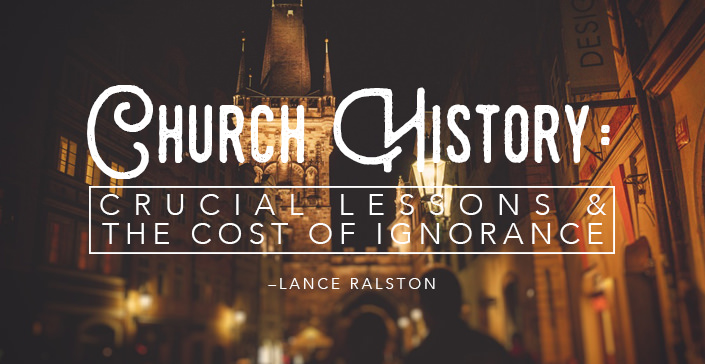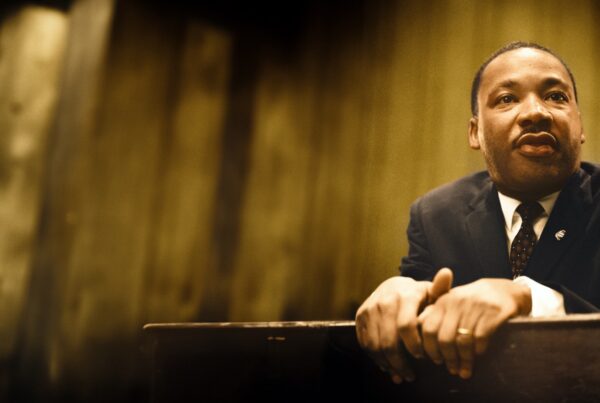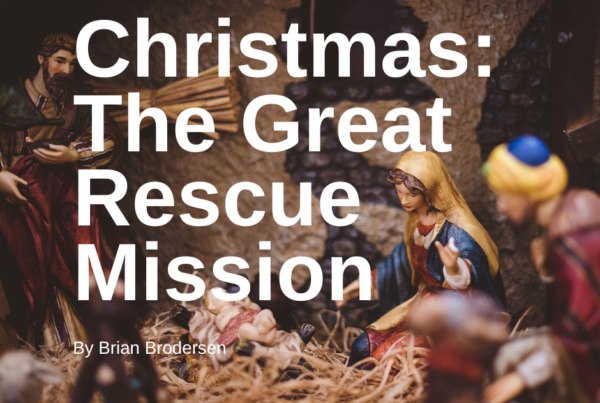
Henry Ford is oft quoted as having said, “History is bunk.” As with so many popular historical attributions, Ford didn’t exactly say that. But he did say something similar, several times.
In a May 25, 1916 interview with Charles N.Wheeler of the Chicago Tribune, Ford said, “What do I care about Napoleon? What do we care about what they did 500 or 1,000 years ago? . . . History is more or less bunk. It’s tradition. We don’t want tradition. We want to live in the present and the only history that is worth a tinker’s dam is the history we make today.”
Ford’s disdain for history is repeated by millions today. If it isn’t in an overt dislike for the recounting of history, it’s a more passive disinterest in anything history has to teach us. This is something the Christian needs to resist since our faith is based solidly in history. Judaism, from which Christianity flows, is rooted in historical events like the Passover, commemorating the Exodus, God’s great salvation-movement under the Old Covenant. Christianity follows in this vein by being rooted in the historical events of the birth, life, death and resurrection of Jesus Christ. We do not follow cleverly designed myths, or the enlightened musings of some sage. We don’t just believe God became man and walked among us, we believe BECAUSE He DID.
There’s an old adage that those who fail to learn the lessons of history are doomed to repeat them. This is why the study of history, in general, and church history in particular, is important for Christians and especially for Christian leaders. While the specifics of “how” and “what” change from age to age, the underlying principles and issues remain the same. How to live the Christian life in the midst of a hostile world and much of what the early church wrestled with in terms of theology are the same issues we deal with today.
The ancient heresy of Gnosticism that threatened the church then, re-emerges in New Age spirituality. The Greco-Roman culture’s obsession with sexual deviance resurfaces in the modern era’s embrace of “sexual freedom.” The prevalence of modern abortion mirrors the first and second century’s practice of rampant infanticide. Today’s churches have much to learn about how to address these things by considering how the church dealt with them before. But it seems we’re not learning from the past that saw a sea change take place in pagan culture as Christians simply lived out their lives in Christ simply.
The more things change, the more they stay the same.
Yet if the student only considers older works like Philip Schaff’s epic multi-volume, History of the Christian Church, then church history can be a daunting field to tackle. More recent works take a popular and easy-to-digest approach. A good starting place is the wonderful Church History in Plain Language by Bruce Shelley. I highly recommend it.
If you prefer an audio-based resource, you can give my podcast, Communio Sanctorum a try. It’s an account of church history in short episodes, between 15 to 20 minutes. You can access the podcast at www.sanctorum.us or via iTunes by searching for “History of the Christian Church.”









